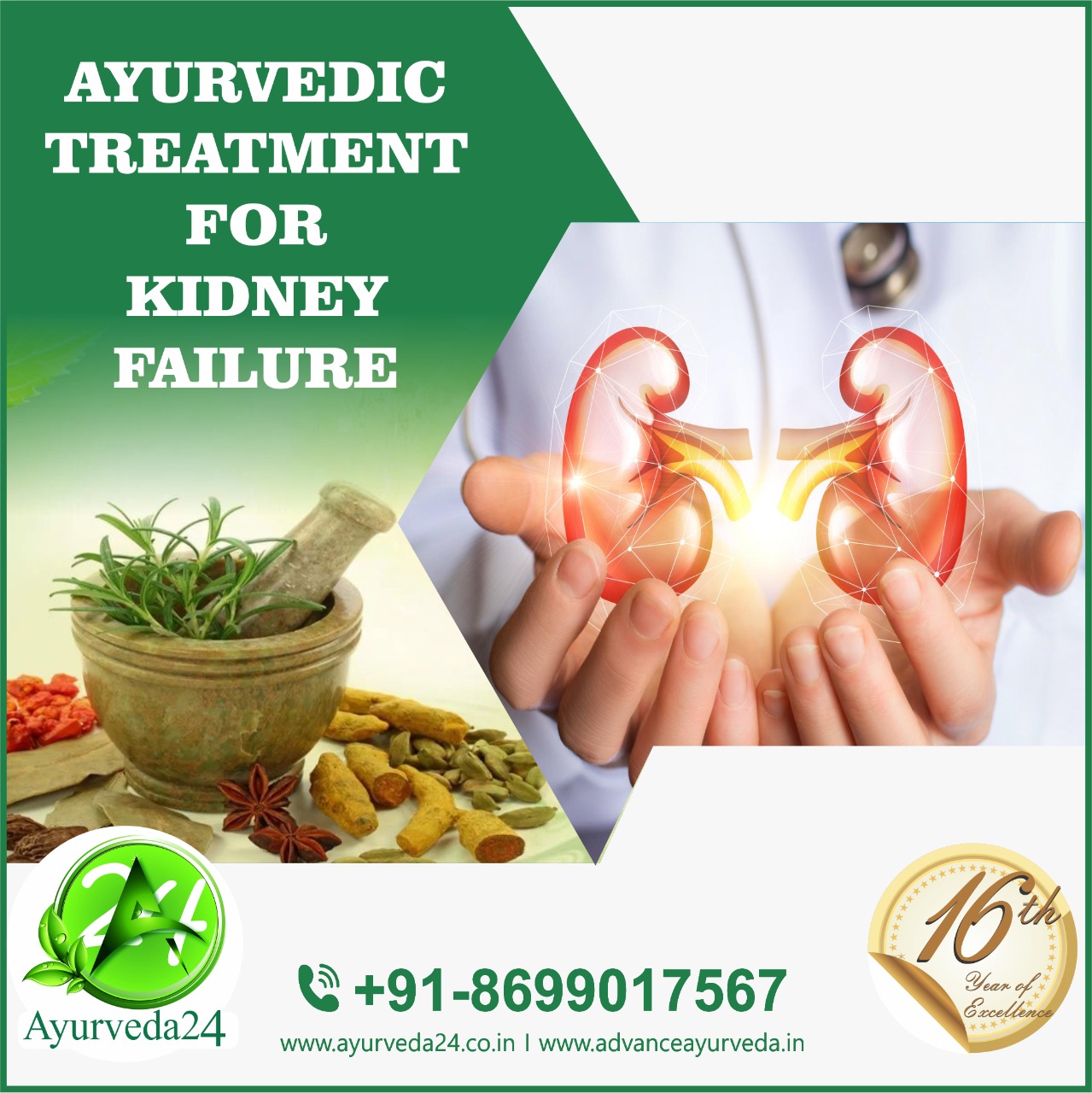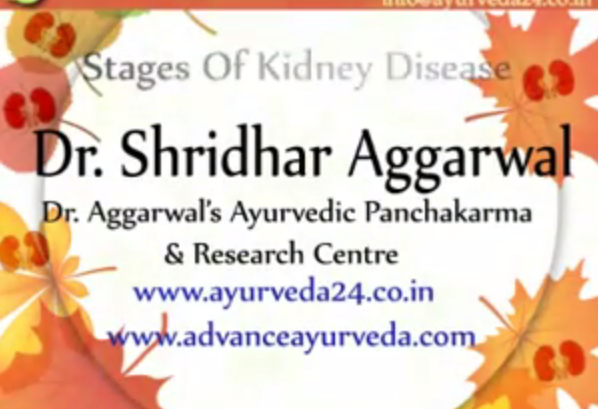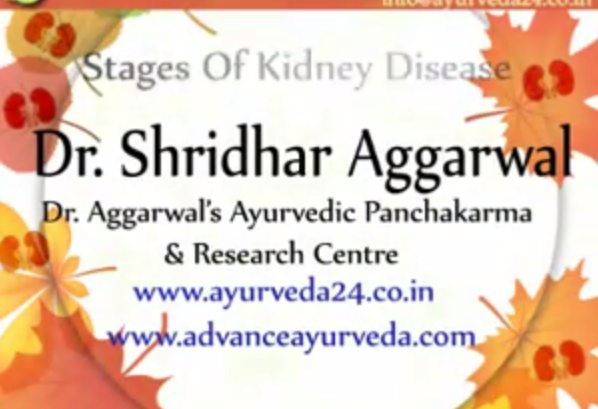What Your Doctor Got Wrong About Kidney failure or kidney Disease
If you’ve been diagnosed with kidney failure/ disease, your first question to your doctor was probably along the lines of: “What? Me? How I am able to do coop it?” Unfortunately, you were probably left upset and frustrated by the solution.
The first question you should ask is What is the reason for it? How come you got it?
Generally, what Western doctors see as kidney disease is a one-way journey. They say it only progress, goes from bad to worse, and your best hope is to stall your decline with drugs before you succumb to dialysis or transplant. Along with this present journey, you will expect insomnia, muscle cramps, itching, swelling, fatigue, and a host of other unpleasant symptoms.
Like many people in your situation, you might be feeling angry, anxious, clueless, powerless, or even depressed about your diagnosis. It’s completely clear; nobody wants to take a seat and watch as their health slips away. Nobody wants to accept a bag full of medications, machines, and surgeries. Nobody wants to offer up years of quality time with their loved ones.
But… what if you didn’t have to?
Kidney Disease – Is It Really a One-Way Street?
What if your doctor is “wrong” about kidney disease? What if the progression can be stopped, or even reversed?
We tend to look at our family doctors as all-knowing beliefs with our best interests at heart. If there was something – anything! — they might do, surely, they’d tell us?
Fact: The truth is that doctors work within a narrow, rigid medical system. There’s little question that Western medicine offers an excellent thing, but this system is additionally far too quick to dismiss natural, holistic teachings, a number of which have served us for thousands of years. If it’s not shiny, new, and made during a high-tech lab, it’s simply not valued.
Kidney disease – is it really a one-way street?
Now you have to think about, what if your doctor is wrong about kidney failure or disease? What if it can be reversed or even stopped from progression?
We always think that our doctors are our best well-wishers & they keep our best interests at heart. If there was something – anything about kidney! — they should communicate with us?
Is IT SO??
Are there any doctors that DO try to think or believe outside the established system? Few ones may understand the incredible power and the value of what nature gave us? One thing we must understand if there is disease Nature must have created a way out. Someone should try to draw knowledge from ancient wisdom and combine it with modern advances? They’re quickly red-taped and put back in their places, or cast out of the system altogether.
When it comes to kidney problems or disease, it’s time to accept that there’s a really important place for both approaches.
Healing The Kidneys Naturally. Is It Really Possible?
The Answer is Yes, it is!
Dr. Shridhar Aggarwal MD (Alternative Medicine) a naturopath, nutritionist, and medical researcher, has been specializing in natural kidney health for more than two decades. His interest began when his close relative was diagnosed with stage 4 kidney disease at age 66 due to the side effects of Allopathic Medicines which a Rheumatologist prescribed.
The Patient was complaining that she had hematuria(blood in Urine). When the patient was taken for her blood test, the results, there was an alarming deterioration of kidney function appeared to be. Her feet seem to be swollen. When Dr. Shridhar discussed this with the Rheumatologist he was stunned by the response. The Rheumatologist showed anger and told them nothing can be done but he should not stop the medication.
The patient had a stage 4 kidney disease, but the doctor hadn’t even mentioned it. Why? He said that nothing could be done about it, she has to be continued on drugs like HCQs & Methotrexate, so he hadn’t seen the point in bringing it up. He said that dialysis would be her only option.
A life hooked up to medicines & Hospital treatment even after the best available healthcare her health slipped away? In the Patient’s eyes, he might as well have handed her a death sentence.
After the diagnosis, Dr. Aggarwal researched out to find a natural remedy to help support the Patient’s kidney health. He was a student of Ayurveda Medicine at that time. he poured every ounce of energy into researching and creating a healing protocol for close-knit relatives. Even dr. Aggarwal was astounded by the power of what they found.
With the protocol which was developed, they helped the patient to go from stage 4 to stage 1 kidney disease in just 12 weeks. Her creatinine went down from 5 to 1.2 mg/dl, her GFR went up, and the looming threat of dialysis went up in a puff of smoke.
The patient’s doctor had told her this wasn’t possible. She chose not to accept her fate, and as a result, she enjoyed another wonderful decade with her family & she is still doing good. That means 13 long years she was able to live without dialysis.
The Kidney Failure or Disease Solution: A Holistic Approach.
Based on their success with their first patient, Dr. Shridhar Aggarwal went on to develop the Kidney Disease Solution, different for different types of patients, step-by-step approach to natural kidney healing. Since then, they’ve helped over 15,000 people to achieve similarly life-changing results. In the past 18 years, he has been helping kidney patients to reverse or managing kidney disease now without dialysis and transplant.
Dr. Shridhar Aggarwal says that, in order to have the best possible chance of recovery from kidney disease, you need to think beyond the kidneys. The Kidney Disease Solution advocates a whole-body approach, taking into account the specific root cause of kidney disease & that’s why the solution is specific for all types of kidney diseases. No one medicine can cure this ailment as this is quite a bit complicated.
Dr. Shridhar points out that every kidney failure has a cause, like diabetes, high blood pressure, lupus, and IgA nephropathy. By treating the root causes of kidney problems, one can prevent these illnesses from further eating away at your kidney function.
The important part of the story is Diet and nutrition, without which it is not possible to treat. The conventional advice of your family physician does take this into account, but According to Dr. Shridhar, it doesn’t go far enough. For example, your doctor‘s advice will be to reduce sodium and potassium intake. Actual advice, doesn’t cover what foods to eat instead. If you replace potassium-rich foods with unhealthy alternatives, you’re simply aggravating other health problems that can contribute to the decline of your kidney functions. The same is with the use of diuretics which actually decay the health of kidneys. We all have to follow one simple path eat Regional & seasonal.
The third pillar of the ayurvedic treatment for Kidney failure approach is to draw on the power of natural supplements. Dr. Aggarwal stresses that he’s not talking about bags of roots, powders & liquids from Ayurveda, he’s referring to evidence-based herbal medicine in controlled, measured dosages, sourced from reputable, top-level suppliers.
As an example, Gokshura Present in our Nephro-active Plus is an herbal extract from the plant named Tribulus terristis that have been proven diuretic. In one study, Punnarnava & Gokshura when given to 100 patients with kidney failure who were having kidney failure. In just four to six weeks, urea and creatinine levels had dropped significantly. Quality of life had improved too; the patients were physically stronger, their appetites had returned, and they were sleeping better.
Herbs present in our Kidney Care Kadha also have been trailed on Kidney Failure Patients. This is just one of the powerful natural supplements used in Kidney Disease Solution. It proves that even when your kidney disease has progressed to the point of dialysis, there is still hope to restore your kidney health and your quality of life.



